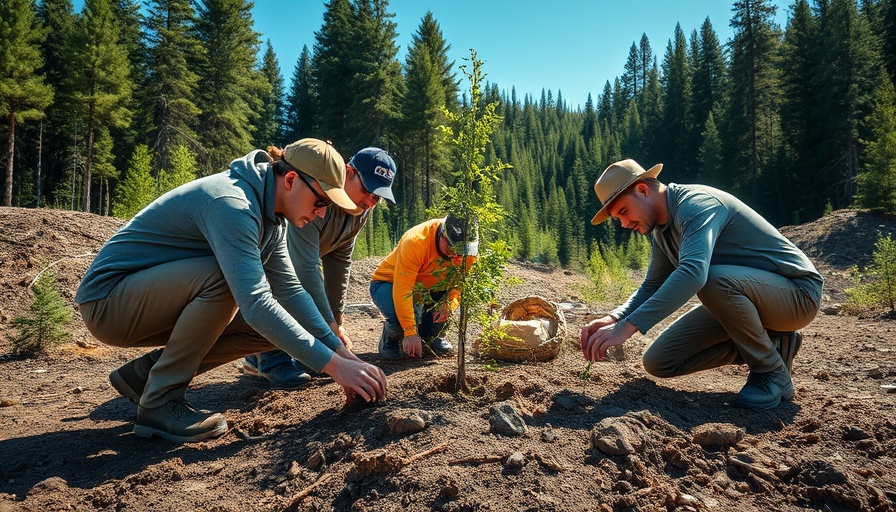
Understanding the AMOC and Its Potential Impact on Europe
The collapse of the Atlantic Meridional Overturning Circulation (AMOC)—a vital ocean current system—poses significant cooling threats to Northern Europe, even in the context of global warming. Research by Dutch scientists has revealed that, under certain greenhouse gas emission scenarios, this ocean current collapse could result in extreme winter temperatures across the region.
Climate Models Suggest Profound Changes Ahead
The model employed in the study considers an 80% weakening of AMOC against a backdrop of rising global temperatures. Despite an overall warming of approximately 2 degrees Celsius, Europe might still experience drastic cooling, leading to scenarios where one in ten winters in London reaches near-record lows of -4 degrees Fahrenheit, with even direr winter conditions in Oslo hitting around -54.4 degrees Fahrenheit. The findings underscore a unique climate paradox where warming and cooling consequences juxtapose each other, leaving inescapable uncertainty for future climates in these northern latitudes.
Amplified Cooling Effects of Snow and Ice
Winter extremes are likely to be brought on not only by colder air temperatures but also by the enhanced reflectivity of snow and ice. As these surfaces spread deeper into Scandinavia, the sun’s rays will be reflected more effectively than when absorbed by water or land. This can lead to an accelerated cooling process, compounding the impacts of the AMOC's demise.
Climate Tipping Points and Human Influence
Scientists call attention to a critical issue: human activities are pushing climate change towards a tipping point where AMOC may eventually collapse. Concerns proliferate as researchers reflect on how this would drastically alter European weather patterns. The study emphasizes the pressing need to address and mitigate these emissions to stave off long-term ecological consequences.
The Stakes of Climate Change
The implications of this research extend beyond mere academic interest. For health enthusiasts who are committed to both environmental advocacy and personal wellness, an awareness of climate factors is crucial. A more unpredictable climate can influence agricultural outputs and food security, which in turn directly impacts nutritional access and overall health. As cold winters become more plausible, engaging in active discussions around climate adaptability, wellness strategies during extreme weather events, and biohacking techniques can prove imperative.
In summary, understanding how the dynamics of AMOC might shape future climates in Europe can help you prepare for a world where adaptiveness is key. Stay informed and proactive in your health journey—consider exploring methods to cope with the wider implications of climate change.
 Add Row
Add Row  Add
Add 




 Add Row
Add Row  Add
Add 



Write A Comment